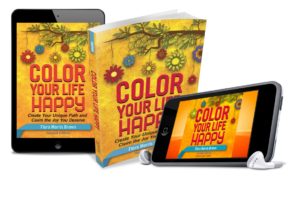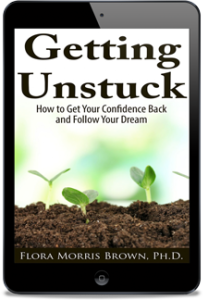 Many people believe that somewhere in the past were the good old days and that the old way of doing things is best.
Many people believe that somewhere in the past were the good old days and that the old way of doing things is best.
If you are want to be happier but feel stuck, it may because you are clinging to this misguided belief.
Over the next few posts I will share why longing or trying to do things the old way will keep you frustrated, stuck and unhappy.
The truth is the good old days were not always that good. It may seem that way in retrospect, but if you examine all the aspects you may be able to put those memories in perspective.
And if you did have some great times but didn’t savor them because you were constantly trying to be in the future, you missed them anyway.
The number one reason the old way won’t work anymore is when it solved a problem that no longer exists.
There’s a story about a new bride who was cooking her first dinner and invited her mother. Her mother arrived early she was observing her daughter as she cooked.
She noticed that her daughter cut a roast in half and placed each half in its own pot on the stove to cook.
The mother looked at her daughter with curiosity and asked, “Why did you put that roast in two small pots instead of cooking it in just one large one?”
The daughter looked at her mother with surprise and said, ” Don’t you remember, that’s the way you always cooked roasts when I was a child.”
The mother threw her head back in laughter and said, “Oh. I just did that because we were so poor that those two small pots were all that I had.”
The daughter was following her mother’s practice without ever knowing why.
It reminds me of the way my mother rolled out dough with an empty beer bottle because she didn’t own a rolling pin. Wouldn’t it be silly for me to follow my mother’s habit when there’s no longer a need.
Take a look at your habits or your longing for the good ol’ days. Are you behaving according to an old problem that no longer exists or tradition that is no longer serving you?
Tell us about it.
 Popular comedian during the 70’s, Flip Wilson, became famous for saying “The Devil made me do it” to explain his behavior.
Popular comedian during the 70’s, Flip Wilson, became famous for saying “The Devil made me do it” to explain his behavior. Happy people tend to have fulfilling friendships. While we must not count on others for our self-worth, we do benefit from building healthy relationships with others.
Happy people tend to have fulfilling friendships. While we must not count on others for our self-worth, we do benefit from building healthy relationships with others.


Recent Comments